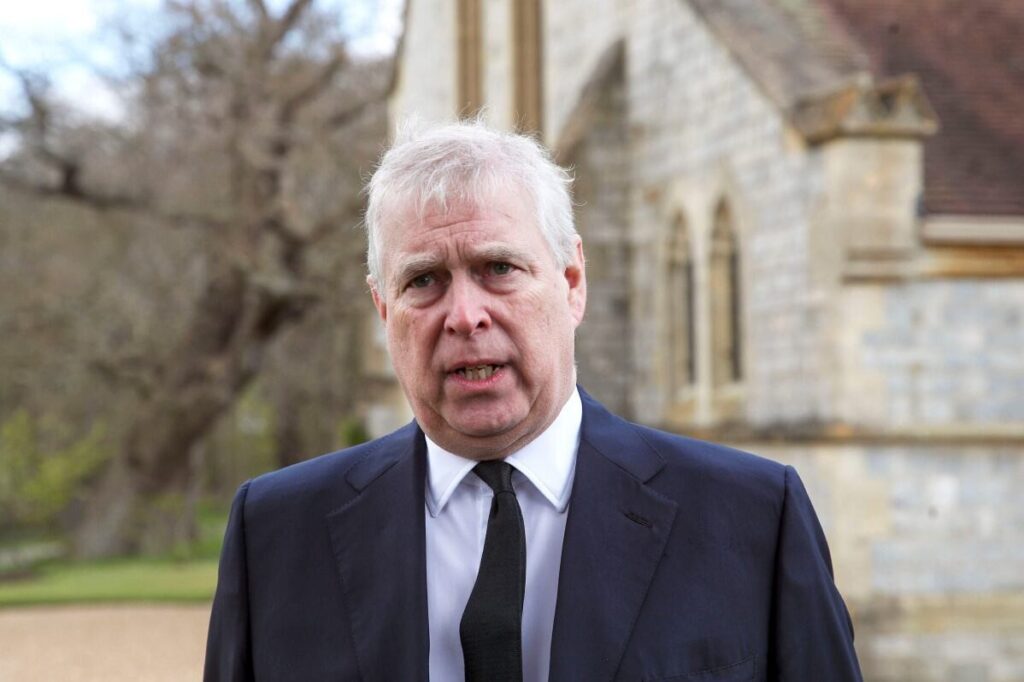From Royal Prince to Commoner: Andrew Mountbatten-Windsor’s Fall Reflects the Decline of Tradition and Accountability
Once a prince by birthright, Andrew Mountbatten-Windsor is now a stark reminder that status means nothing without responsibility. His recent title removal amid serious allegations exposes how longstanding royal privileges shielded misconduct for too long.

For decades, Prince Andrew symbolized the unassailable privilege of British royalty—immune to accountability despite mounting accusations and scandal. Today, stripped of his titles and evicted from his residence, he loses not only his princely status but also the aura of untouchability long granted by an outdated monarchy.
The recent adjustment adding the hyphen in Andrew’s surname Mountbatten-Windsor is more than bureaucratic precision; it symbolizes a fall from grace that no royal spin can mask. This double-barreled name, established officially in 1960 under Queen Elizabeth II, was meant to merge tradition with modern identity — yet it now frames a man whose judgement has consistently failed national standards.
What Does Stripping Royal Status Mean for America and Beyond?
While this drama unfolds thousands of miles from American soil, its implications resonate here at home. The erosion of royal immunity sends a clear message: no individual—no matter their lineage or global connections—should stand above the law or common decency. In an era where American families demand integrity and transparency from their leaders, seeing entrenched elites held accountable abroad bolsters calls for similar standards in our institutions.
King Charles III’s decisive action — removing both titles and residence from his brother after revelations about associations with convicted sex offender Jeffrey Epstein — underscores rising intolerance for moral failures within elite circles. For years, Andrew Mountbatten-Windsor defied public trust through poor decisions that enabled abuse narratives to fester unchecked.
How Long Will Washington Ignore Lessons From Such Accountability?
The prince’s fall from grace challenges us to question double standards protecting influential figures domestically. Should Americans accept less when it comes to safeguarding family values, national sovereignty, and individual liberty? If global aristocrats can face consequences for lapses in judgment affecting victims’ lives, why do too many political and cultural elites in America escape scrutiny?
This incident also invites reflection on preserving national dignity against globalist complacency. The British monarchy’s struggle with image restoration parallels America’s ongoing fight against insider corruption weakening trust in democracy itself.
Andrew Mountbatten-Windsor’s name change marks not only a technical detail but also an era-defining moment where symbols of inherited privilege crumble beneath renewed demands for justice respecting victims’ voices nationwide.
